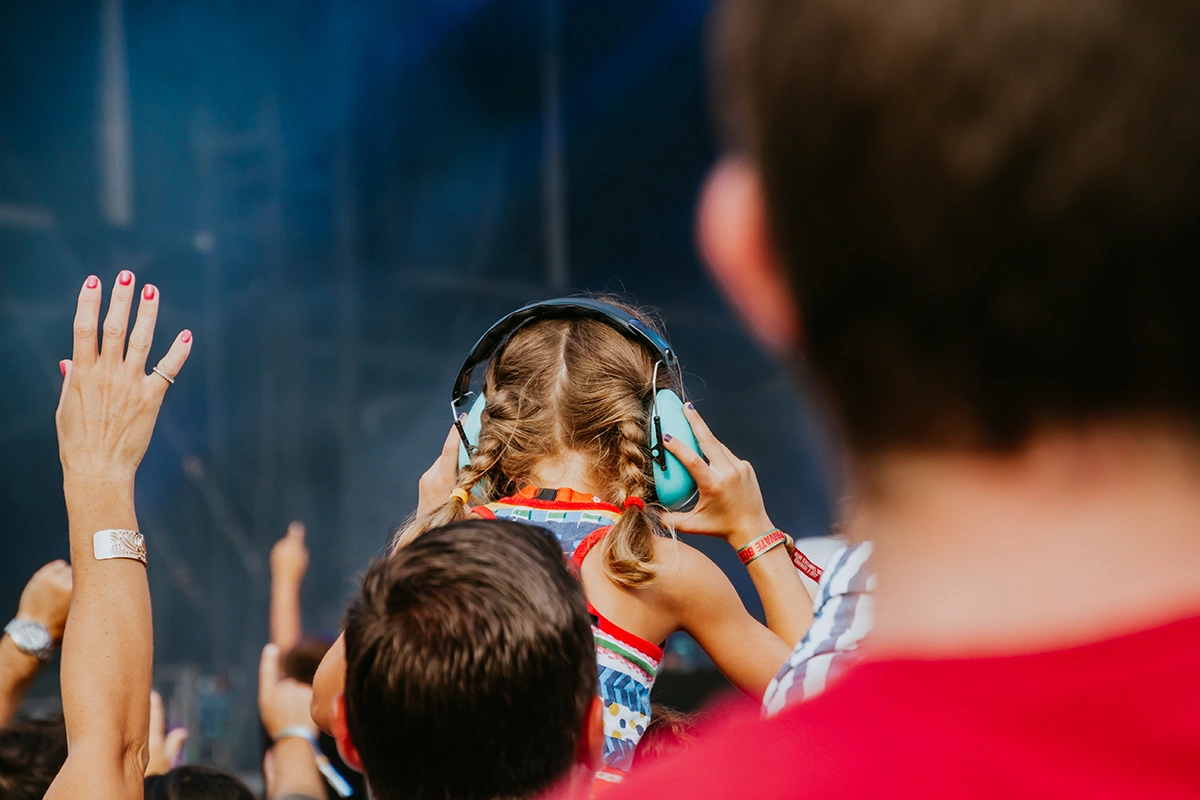
Attending music concerts, sporting events, or other loud gatherings can be thrilling and entertaining experiences. However, what many people may not realize is that exposure to high levels of noise at such events can pose a significant risk to their hearing. In this guide, we offer practical tips on how to protect your hearing at concerts and sporting events and minimize your risk of noise induced hearing loss.
The Dangers of Loud Events to Your Hearing
According to the Center of Disease Control and Prevention (CDC), approximately 26 million adults in the U.S. aged 20–69 years have permanent hearing damage caused by exposure to loud noise. Noise-induced hearing loss (NIHL) is a growing concern, and the statistics paint a clear picture of the dangers it poses.
Concerts and sporting events often feature amplified music, cheering crowds, and various other loud noises. The sound levels at these events can easily exceed safe limits, putting you at risk of noise-induced hearing loss. Additionally, many of these types of events can last for several hours or more, and the longer you’re exposed to loud noises, the higher the risk of hearing damage.
Why Your Ears Ring After a Concert
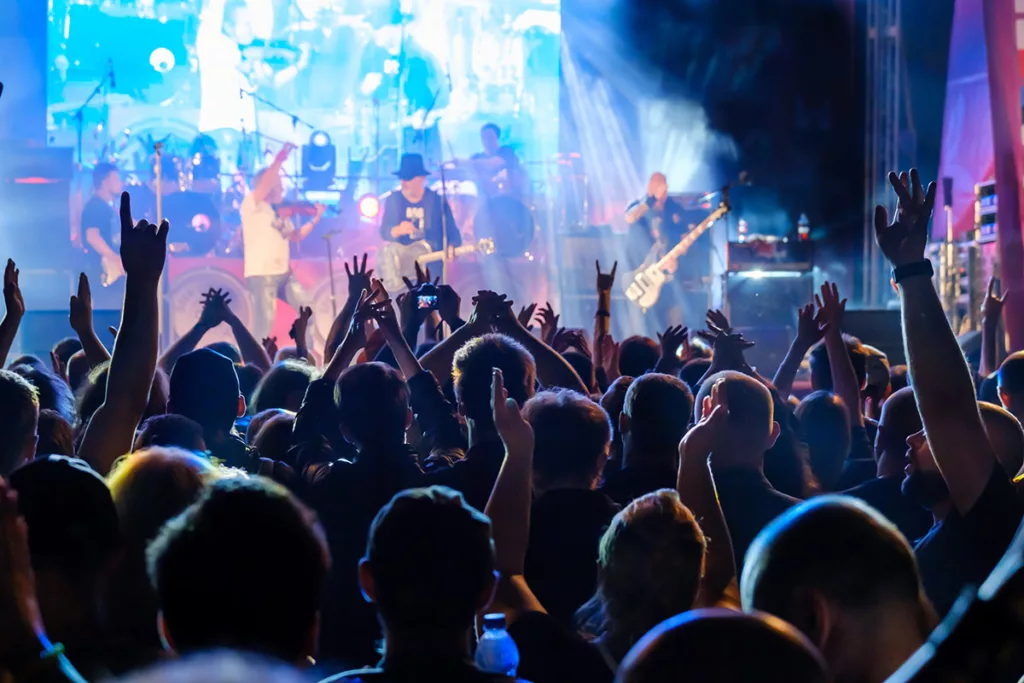
The ringing or buzzing sensation in the ears that commonly occurs after attending a concert or other loud event is your auditory system telling you it’s damaged. During a loud event, the intense noise levels can overwhelm the delicate hair cells in your inner ear. These hair cells are responsible for detecting sound vibrations and transmitting auditory signals to your brain.
Prolonged exposure to loud sounds can cause fatigue or overstimulation of these hair cells resulting in a temporary ringing, buzzing, or hissing sound in your ears. These changes in your hearing quality after a concert or other loud event are often related to Temporary Threshold Shift (TTS).
Temporary Threshold Shift (TTS)
Temporary Threshold Shift (TTS) is a temporary reduction in hearing sensitivity that occurs immediately after exposure to loud noises. It is typically reversible, and your hearing can return to normal after a period of rest and reduced exposure to loud sounds.
However, while TTS and the associated ringing in the ears are generally temporary, they are warning signs that your ears have been exposed to potentially damaging noise levels. Repeated or prolonged exposure to loud noises exceeding 85 decibels (dB) without protection can lead to permanent noise-induced hearing loss.
The Dangers of Repeated Temporary Threshold Shift (TTS)
When the delicate hair cells in your inner ear are repeatedly damaged and cannot regenerate, TTS progresses from temporary hearing damage to noise-induced hearing loss. Understanding how different decibel levels can impact your hearing over time is crucial for recognizing the potential risks of NIHL. Here are some common sounds, their typical decibel (dB) levels, and the progressive impact they can have on your hearing overtime:
| Sound Source | Approx. Decibels (dB) | Potential Impact |
| Whispering | 20-30 dB | These low levels of sound are generally safe and do not pose a risk to hearing over any duration of time. |
| Normal Conversations | 60-70 dB | These noise levels are also considered safe for prolonged periods of time. |
| City Traffic | 70-85 dB | While short exposure to this noise level is unlikely to cause harm, extended exposure may lead to hearing damage over time. |
| Motorcycles | 85-90 dB | Exposure to these levels can lead to temporary threshold shifts. However, repeated exposure to these noise levels without proper ear protection can lead to permanent hearing damage. |
| Live Music Concerts or Sporting Events | 90-115+ dB | Noise levels above 100 dB can cause permanent hearing damage in less than 15 minutes. Sounds at 105 dB can cause permanent damage to your hearing in as little as 5 minutes, and 110 dB can result in damage in less than 2 minutes. |
| Fireworks Display or Firearms | 120+ dB | Exposure to any noise over 120 dB can cause immediate and severe damage to hearing if not properly protected against. |
How to Protect Yourself from Noise Induced Hearing Loss at Loud Events
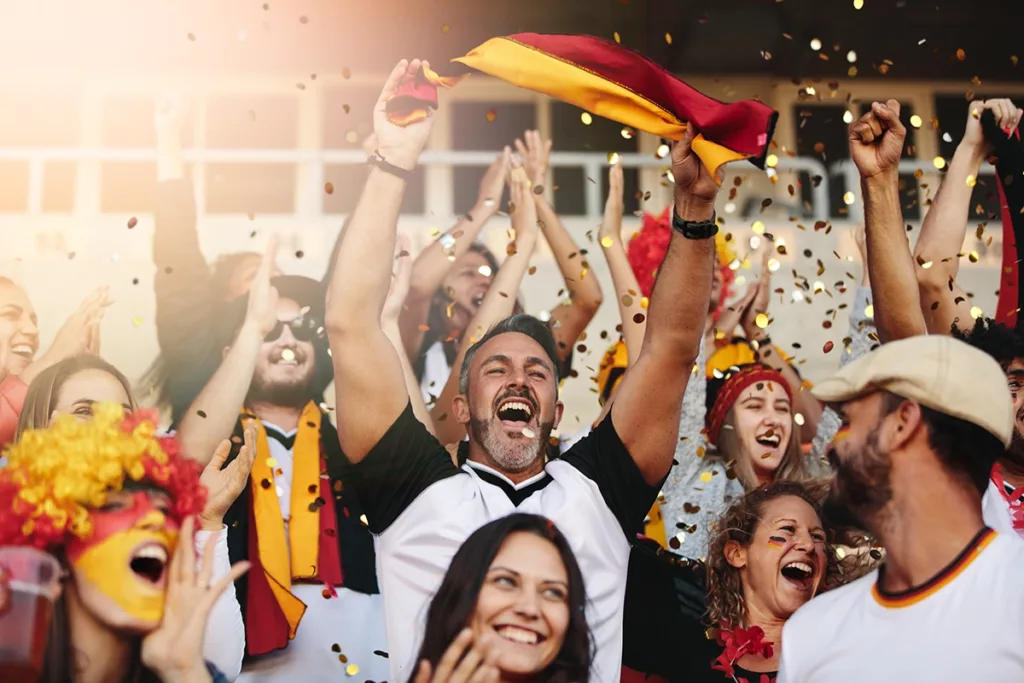
Protecting your hearing at concerts and sporting events is vital, and thankfully it’s easier than you might think. Below, we outline some practical steps you can take to ensure your auditory well-being before, during, and after attending a loud event.
Before the Event
Before you head to that concert or sporting event, a little pre-planning can go a long way in preserving your hearing. Your choices in seating, timing, and protective gear can make a significant difference. By taking these precautions beforehand, you’ll not only enhance your enjoyment of the event, but also ensure that your hearing remains unharmed amidst the excitement.
Invest in High-Quality Ear Protection
One of the most effective ways to safeguard your hearing is to invest in high-quality ear protection. Earplugs or earmuffs specifically designed for concerts and sporting events offer excellent noise reduction while still allowing you to enjoy the music or the game.
Choose Your Seats Responsibly
Your seat selection at an event venue can significantly impact your exposure to loud noise. When attending an event at a stadium, arena, or any other entertainment venue, it’s always best to opt for seats that are farther from the speakers or amplifiers. This can help reduce the intensity of the sound reaching your ears during the event.
If the event has no pre-assigned seating (general admission), arrive early to give yourself time to familiarize yourself with the venue layout and find an optimal place to sit.
Plan Your Arrival and Departure Times
Consider strategies to decrease your overall noise exposure at loud events, such as arriving late, leaving early, or only staying for your favorite, must-see parts of the show. This not only helps protect your hearing, but also allows you to enjoy the event while minimizing the risks associated with prolonged exposure to loud sounds.
It’s also important to remain mindful of how often you attend loud events and remember to give your ears a chance to recuperate in between attending concerts or sporting events.
During the Event
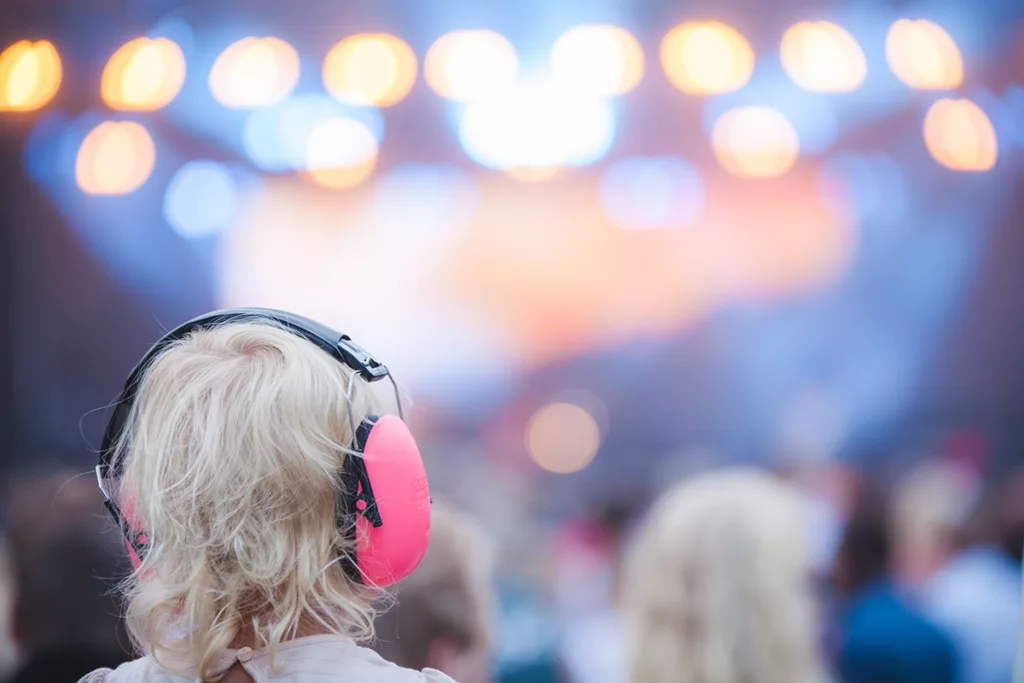
As the event unfolds and the excitement builds, it’s crucial to stay mindful of your hearing health. The tips outlined below will enable you to fully immerse yourself in the experience without sacrificing your auditory well-being.
Wear Your Ear Protection Correctly
Properly wearing your ear protection is crucial. Ensure that your earplugs or earmuffs create a snug seal in your ears, effectively blocking out excess noise. It’s also important to always follow the manufacturer’s instructions for correct usage.
Don’t Shout Over the Noise
During a music concert or sporting event, you should always avoid shouting in someone’s ear and resist the urge to shout or speak loudly to be heard over the music or crowd noise. This not only strains your vocal cords but also exposes everyone to even more noise. It’s best to save any conversations for later when you’re in a quiet area of the venue.
Give Your Ears a Break
To limit your exposure to loud noise as much as possible, take short breaks away from the loudest areas. Find a quieter spot to rest your ears periodically throughout the event.
After the Event
The moment the event concludes doesn’t mark the end of your responsibility to your hearing. Your auditory health is an investment worth protecting long after the final encore or winning play.
Know the Signs of Hearing Damage
Be aware of the signs of potential hearing damage, such as prolonged ringing in the ears, muffled hearing, or difficulty hearing everyday sounds. If you experience any of these symptoms, it’s essential to take them seriously and see a specialist as soon as possible for a hearing test.
Get Your Hearing Tested Routinely
Regular hearing check-ups are vital, especially if you frequently attend loud events. A hearing healthcare professional can monitor your hearing and provide early intervention if necessary.
Find a Clinic Near You for More Resources on Hearing Loss Prevention
By implementing the precautions listed here, you can enjoy concerts and sporting events while safeguarding your hearing for years to come. Noise-induced hearing loss is an ever-present concern but armed with knowledge and the practical tips shared in this guide, you can enjoy these exciting moments without compromising your hearing health.
We encourage you to take the first step towards protecting your hearing by scheduling a hearing test at any of our hearing clinics located throughout the United States. Our highly experienced hearing specialists are here to help you continue to experience the joy of hearing for years to come!

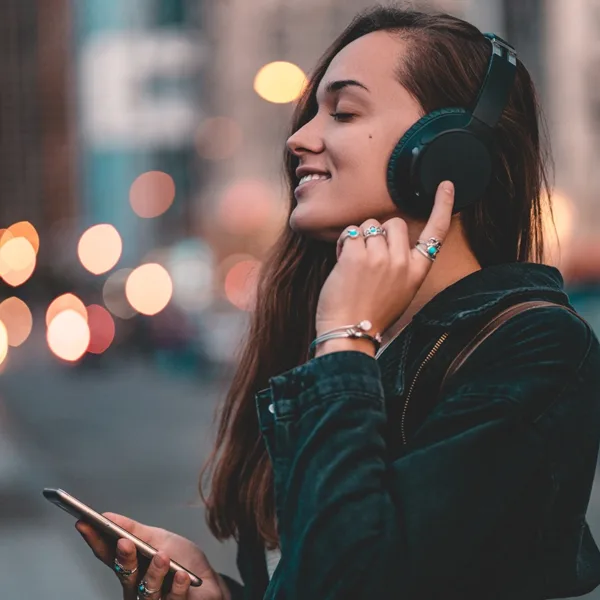
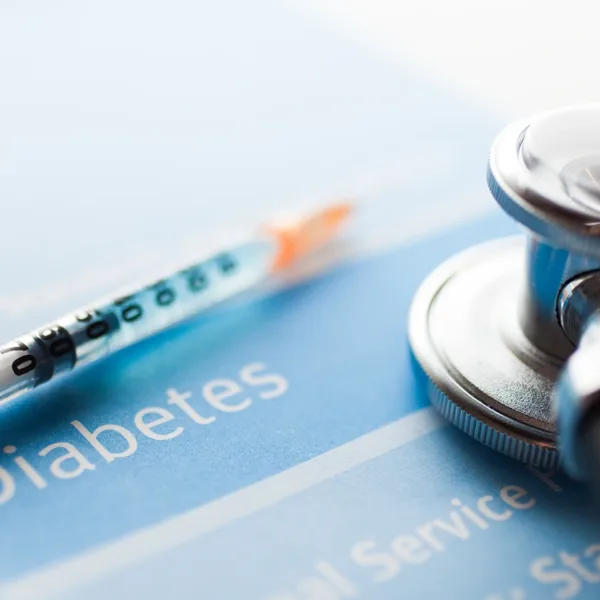

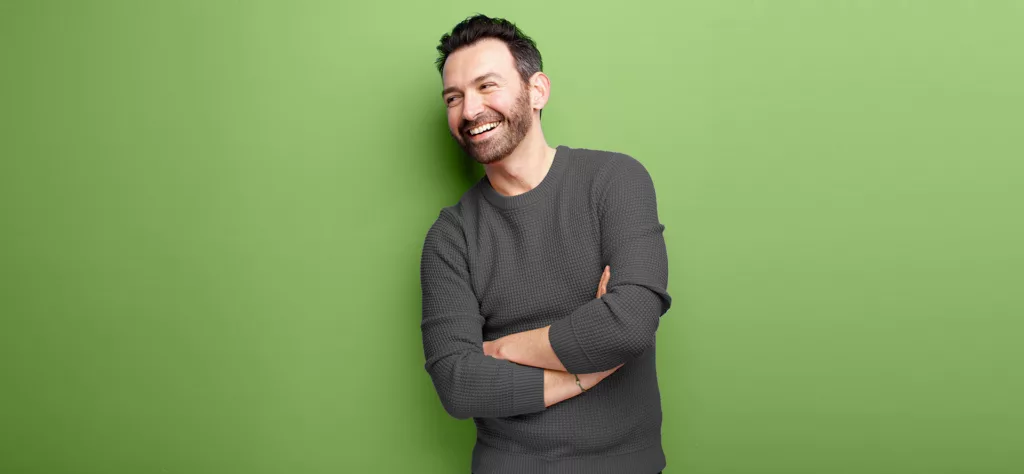
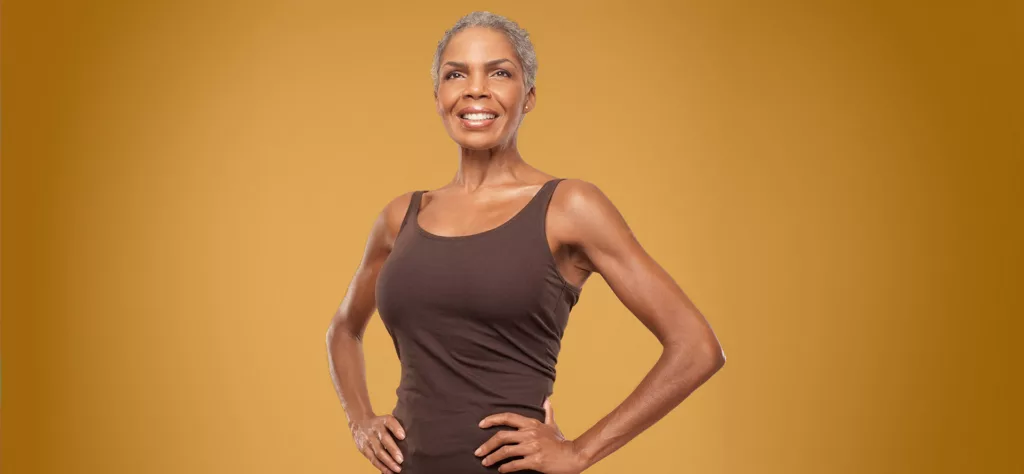
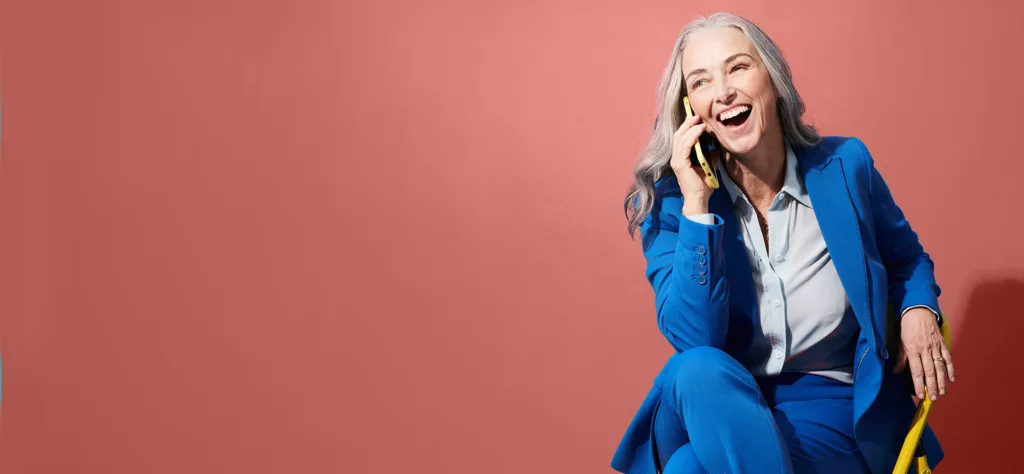
Have a question or Comment?